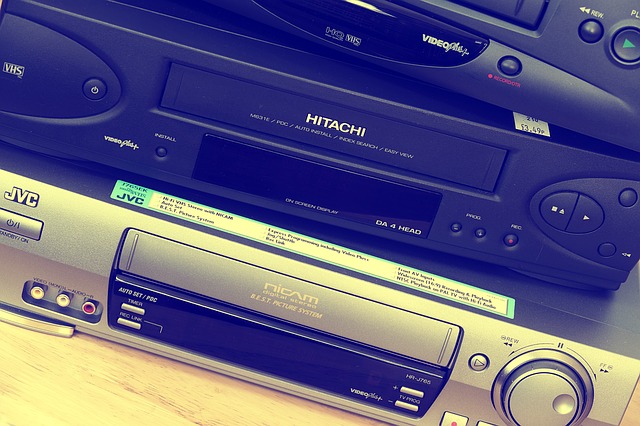According to reports everywhere, Blockbuster Video is down to just one store. And while I’m sure everyone will want point to Netflix as the culprit – and they’ll remember that one time when Blockbuster the Behemoth could have bought Netflix for $50 million. But it wasn’t just that. It was so many moments as Jonathan Baskins lays out wonderfully in his article on Forbes.com.

Ultimately, they fell victim to their hubris. They forgot that while their clients will always desire audio/visual entertainment, the way they consume that entertain will constantly change. People today still watch movies, but in just the last 25 years the way they watch those movies has changed from VHS to DVD to Blu-ray to now digital.
Mr. Baskins lays out some really interesting points, that mostly fall in line with my recommendations for how brick and mortar stores can compete with online retailers. Namely, you play to your strengths and offer value that can
only be found in store. In the case of Blockbuster, Mr. Baskins says that’s movie recommendations.
Instead, Blockbuster chose to cut corners. They squeezed every penny as long as they could. They shorted their employees, treating them as easily replaceable cogs. They made bets that Hollywood profits would continue to soar and that their customers would always need to rent videos.
(NOTE: Hollywood profits hit a snag in mid-to-late 90’s that they are only now recovering from)
They made small plays for short term revenue boosts. Bringing in candy and popcorn and adding cheap toys for children. But in the early 1990’s, they stopped investing in improving their business model. They didn’t, as author Charles A. O’Reilley III likes to say, remain ambidextrous. And because of that, they are now we are down to one store. But was this always their fate? Or could this ending have been avoided?
Continual Commitment to Improving.
Prior to the early 90’s, Blockbuster was ahead of the game. And the race wasn’t close. They were the hipster who collected data before it was cool. They learned lessons from Walmart about how to maximize the efficiencies in their supply chain.
Let’s go back to the year 1994. Back to a time when they and Hollywood blockbusters (pun intended) were king. What if Blockbuster then chosen to implement our InnoSpecting Framework? Would they be in better shape today?
We’d like to think so.
For starters, we would have shown them how to maximize their strengths – namely their number of locations – to continue to refine their business model. We would have taught them how to use one, or a small subset of their overall locations, to run small-scale experiments that we call Profit Scalability Pilots (PSPs) to test new theories. And then how to roll out any of these PSPs to their other franchisees after they have proved their value, while quietly killing any that don’t.
Are you a franchise owner? Learn how you too can use our InnoSpecting Framework to Strategically Scale Your Franchise.
They were already experts at collecting data, using it in the late-80’s and early-90’s to anticipate what titles their customers were interested in. The metrics captured through the PSPs would have been second nature. And through regularly-scheduled Innovation Pulses, they would have been able to leverage those metrics to understand exactly what their customers wanted and execute accordingly. Instead of bleeding customers dry with late fees, they could have increased revenue the old fashioned way by growing revenue through offering a better product.
Leveraging our principles outlined in our Four Pillars of Continuous Innovation, we would have shown them how to mine their employees, customers and non-customers for the new ideas that would drive the PSPs. We would show them how to reward employees for their input, instead of shunning those resources.
It’s a sad ending for a once truly great American brand. Blockbuster Video, a staple of mine and so many of my friend’s youth, is gone. Let’s all take a moment to reflect with fondness all the great times that they brought to our lives. But let’s also follow that moment up with a moment of reflection. So that we may learn from their mistakes and not allow history to repeat itself.